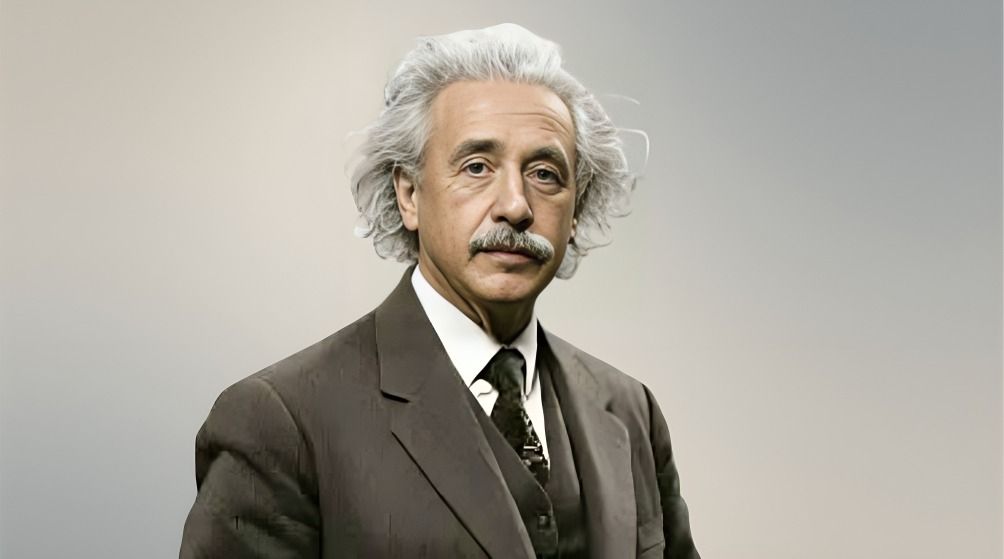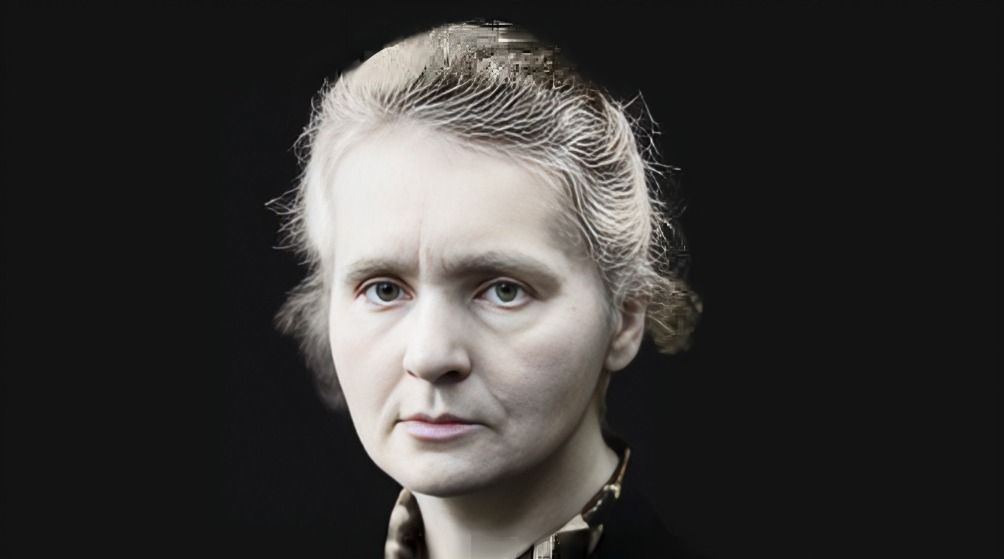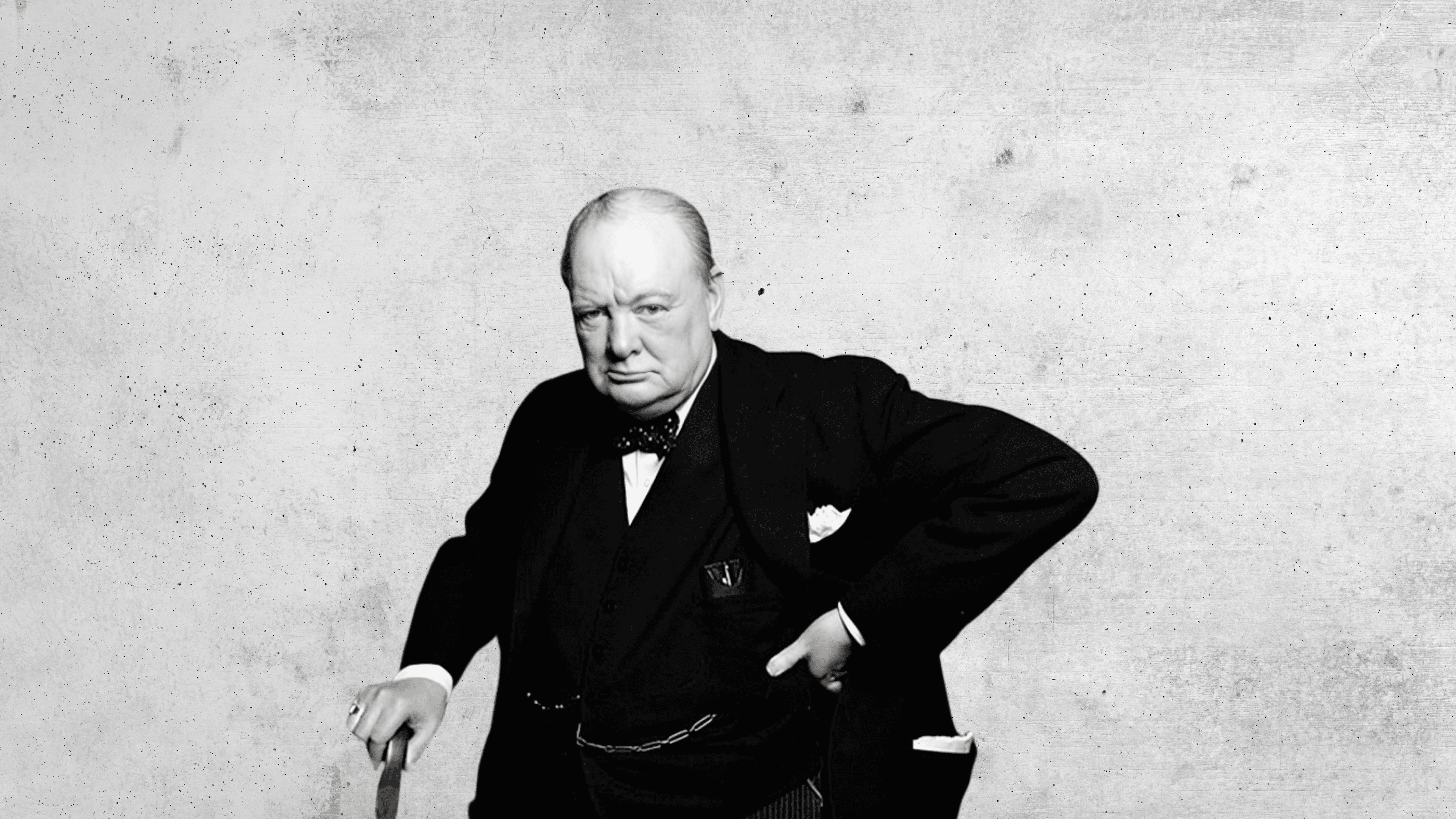
“
Winston Churchill is renowned as one of the greatest leaders in British history, especially for his role as the Prime Minister during World War II. His inspiring speeches, strategic decisions, and unwavering determination helped guide Britain through some of its darkest times. Beyond the war, Churchill's life was filled with unique experiences and remarkable achievements that made him a complex and influential figure. This blog explores 20 fascinating facts about Winston Churchill, showcasing his wit, courage, and contributions to both politics and literature. These facts offer a deeper look into the man whose words and actions left an indelible mark on the 20th century and continue to inspire leaders worldwide.1
”
Winston Churchill won the Nobel Prize in Literature in 1953 for his exceptional historical writing and speeches that defended important human values. He remains the only British Prime Minister to receive this honor.1
Before becoming a politician, Churchill aspired to be a soldier. He served in the British Army and even worked as a war correspondent, gaining firsthand experience in military affairs.2
During a Nazi air raid, Churchill rushed into a burning building to save vital documents. This act of bravery during the Blitz became a symbol of British courage, inspiring citizens facing relentless bombings.3
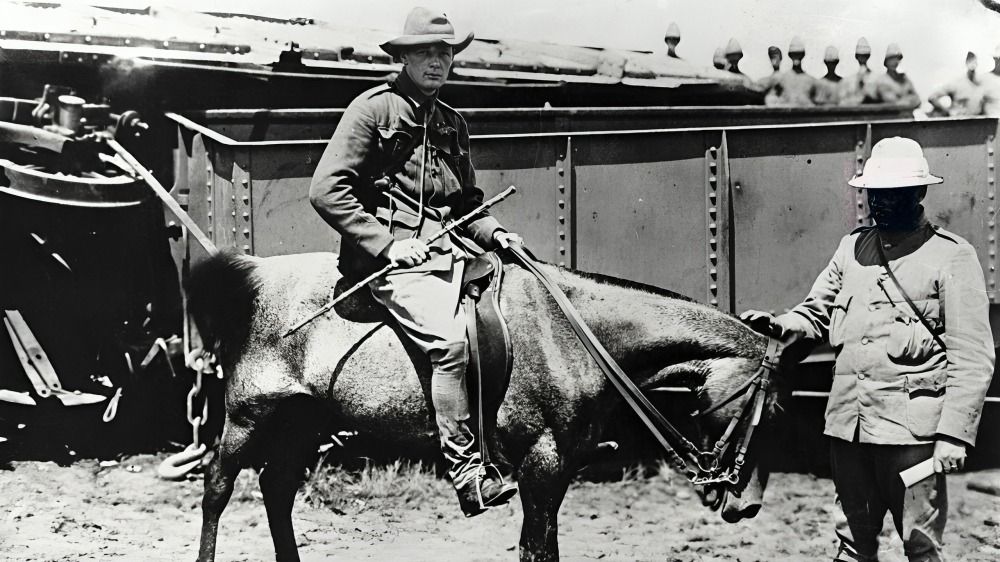
In 1899, Churchill escaped a Boer War prison by jumping onto a moving train. He traveled 300 miles to safety, returning to Britain as a national hero, beginning his rise to fame.
Painting was Churchill’s escape from depression. He created stunning landscapes, which are now highly valued, showcasing his artistic skills and revealing his struggle with what he called his “black dog.”4
Churchill loved aviation and learned to fly in 1913. After a near-fatal crash, he quit flying, but his enthusiasm for technological advancements continued to influence his military strategies during wartime.5
Churchill insisted on luxury even in war, enjoying gourmet meals, cigars, and daily baths. His preference for comfort, even in tough times, highlighted his unique blend of refinement and leadership.6
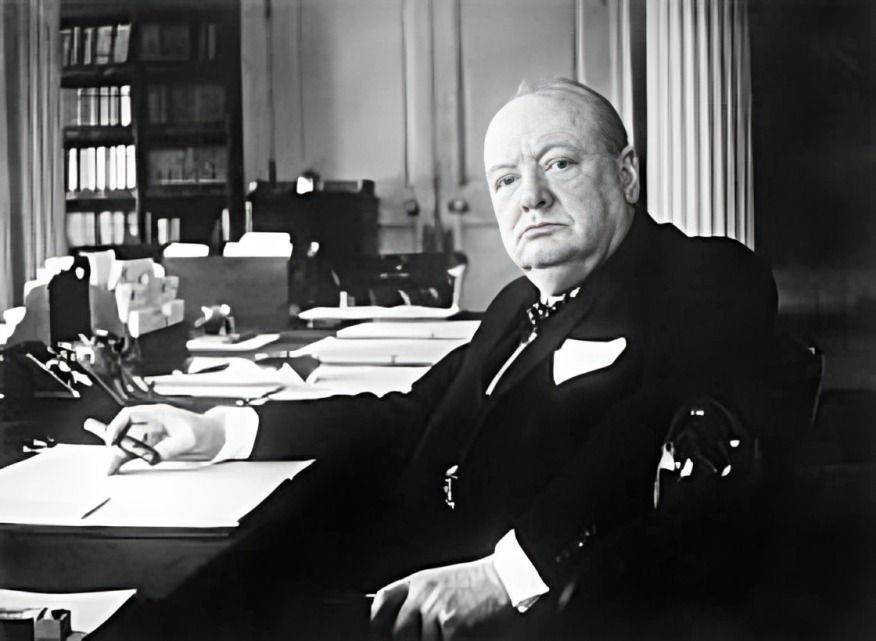
Winston Churchill served as Prime Minister two times. His first term was from May 10, 1940, to July 26, 1945, and his second term lasted from October 26, 1951, to April 6, 1955.
Churchill’s memory was astonishing; he could recite long Shakespeare passages. A prolific writer, he authored many historical works, including a Nobel Prize-winning series on World War II, showing his intellectual passion.7
Churchill’s love for gin led to a cocktail named after him, the “Winston Churchill Martini.” His fondness for drinks became part of his public persona, adding to his cultural legacy.8
Winston Churchill is the only Prime Minister to reach the music charts. After his death in 1965, his speeches were released in an album. He charted again with a record celebrating the Battle of Britain.9
Churchill had multiple heart attacks during World War II but kept them secret to maintain public morale. Despite health challenges, he remained dedicated, guiding Britain through one of its darkest periods.10
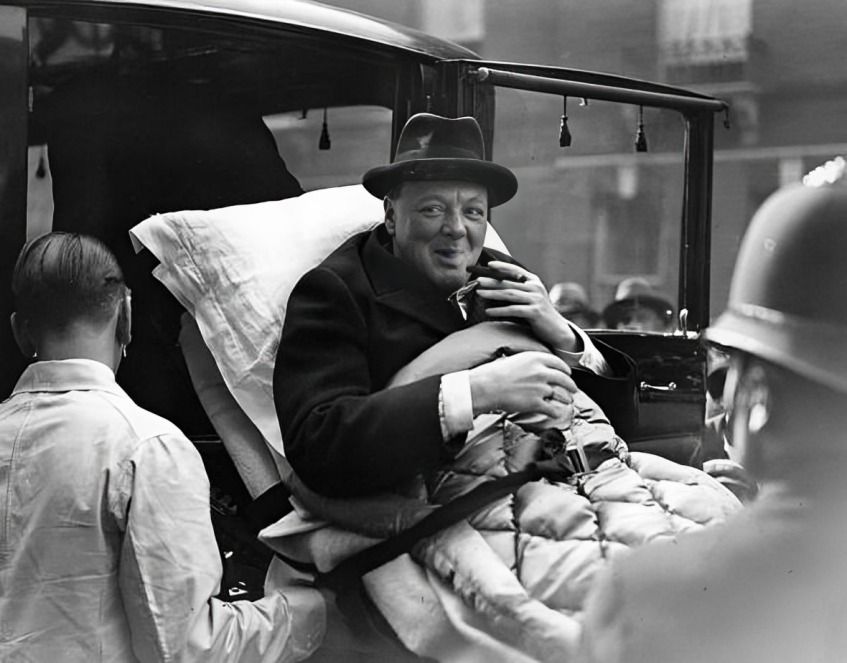
In 1931, Churchill was hit by a car in New York but quickly recovered. He humorously remarked, “there’s no better place to die than in America,” showcasing his resilience and wit.
Churchill’s speeches were so impactful that Hitler called him “the most dangerous enemy.” His inspiring words became psychological weapons, rallying the British and challenging Nazi power beyond the battlefield.11
During World War I, Churchill helped design early tank prototypes. His passion for military innovation contributed to Britain’s modernized war technology, emphasizing his forward-thinking approach to warfare.12
Winston Churchill's mother, Jennie Jerome, was an American from Brooklyn. She married Lord Randolph Churchill, a British aristocrat. The couple had two sons, Winston and Jack, before their relationship soured.13

Churchill visited bombed sites and frontlines, despite security risks. These trips allowed him to connect with soldiers and citizens, demonstrating his solidarity and boosting morale during the toughest battles.
Churchill struggled in school, excelling only in history and English. He failed the entrance exam for military school twice but passed on his third attempt, qualifying only for the less rigorous cavalry class.14
Churchill adored his poodle, Rufus, who was his constant companion during travels and wartime. His affection was clear as he prioritized Rufus’s comfort and well-being at all times.15
In 1953, Churchill survived an assassination attempt. He remained calm and disarmed the attacker, adding to his reputation as a fearless leader who thrived under pressure.16

